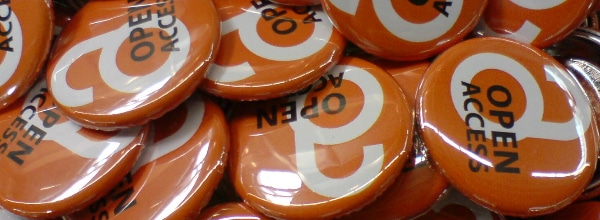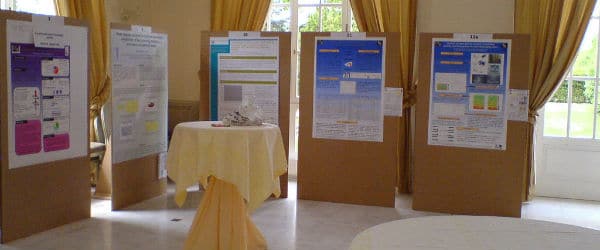Collecting the data took several years, writing the paper took several months, assembling the figures took several weeks, and converting those figures to PDFs took a frustratingly long day. You waited a month for the paper to come back from review, then two months re-doing experiments to satisfy a sadistic reviewer. Finally, your paper is accepted by the journal, but it’s not over yet. Your figures have been sent back because the format is wrong, or the resolution is too low, or the files are too big. Somehow, this last step is the most painful of all. Here are some tips to help avoid that last, painful fight with your computer and make sure your figures are ready for publication first time around.
1) Read the journal instructions first.
Journals provide detailed instructions as to the file type, file size, image size, resolution, font and color-mode they require. It seems obvious, but taking note of those requirements before you start making your images will prevent hurried conversions and mistakes later. If you are particularly organized, you could also check the instructions of your second-choice journal, in case Nature/Science don’t love the paper as much as you do.
2) Avoid Powerpoint
Many scientists use Microsoft Powerpoint to prepare figures. The problem is that Powerpoint is designed to create presentations at screen resolution, rather than high-quality print documents. Although you can work around this, many people run into resolution issues when converting to the final file format (usually PDF or TIFF). Better options are programs like Adobe InDesign, Adobe Illustrator, CorelDraw, or Inkscape (which is free). These will all give you clear options to maintain resolution at a specified level when converting between your original file format and the final format. Stay tuned for a ‘quickstart’ guide for Powerpoint users that want to use Illustrator. Under no circumstances should anyone attempt to make a figure for publication using Microsoft Word.
3) Only manipulate images using image manipulation software
Don’t use Powerpoint to adjust the size of a photographic image (like gel or microscopy images). You should first process your images using specialized graphics software, such as ImageJ, Adobe Photoshop or GIMP (there are many more). That’s because Powerpoint doesn’t allow precise control of resolution, and it is easy to lose track of the resolution of each individual image in the figure. There’s not much point in converting your Powerpoint figure to a high resolution TIFF or PDF if the images that make it up are at lower resolution.
Enjoying this article? Get hard-won lab wisdom like this delivered to your inbox 3x a week.

Join over 65,000 fellow researchers saving time, reducing stress, and seeing their experiments succeed. Unsubscribe anytime.
Next issue goes out tomorrow; don’t miss it.
4) Don’t manipulate images excessively
No journal wants to publish a fraudulent paper. If any of your images look like they have been misleadingly manipulated, it can be sent back with a query. Don’t make your life difficult, only manipulate images as much as strictly necessary (see my article on avoiding Photoshop disgrace).
5) Be mindful of resolution at acquisition phase
No amount of careful image processing will help if you acquire a gel or microscope image at too low a resolution. Approximate the size at which you will need to present your data, and make sure you acquire at a resolution that will be at least 300 dpi (300 pixels per inch) when converted to that size. It is well worth the time investment to figure this out before you acquire thousands of images at the wrong resolution.
6) Don’t overdo the resolution
Most journals have reasonable file size limits, so if your figures are much larger than the limit, you’ve probably done something wrong during image processing. One possibility is that your figure contains many high-resolution images shrunk to a very small size. Don’t forget that there is only so much information that can be displayed on a printed page!
Good luck preparing your figures, and if you feel like graduating from Powerpoint to Illustrator, look out for my next article!
You made it to the end—nice work! If you’re the kind of scientist who likes figuring things out without wasting half a day on trial and error, you’ll love our newsletter. Get 3 quick reads a week, packed with hard-won lab wisdom. Join FREE here.






